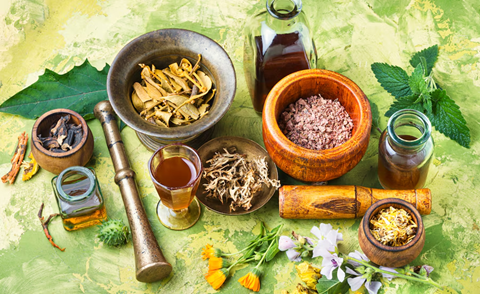It is also known as a perianal abscess, a collection of pus near the anus or in the rectum. It typically forms due to infection in the anal glands or tissues surrounding the anus. In Ayurveda, it falls under the category of “Bhagandara,” referring to anal disorders.
Symptoms:
- Localized Pain: Pain near the anus that worsens with movement or sitting.
- Swelling: Swelling and redness around the anus.
- Fever: Sometimes accompanied by fever, indicating infection.
- Discharge: Pus or blood may drain from the abscess.
- General discomfort: Feeling of discomfort or irritation in the anal area.
Causes
Ischiorectal abscesses typically result from bacterial infections entering anal glands or tissues through small injuries. Factors like anal fissures, poor hygiene, ignoring urges to defecate, and compromised immune systems (e.g., diabetes, HIV/AIDS) increase susceptibility. Maintaining good hygiene, addressing health conditions promptly, and seeking medical care for infections is crucial in preventing ischiorectal abscess formation.
Treatment:
- Antibiotics: Prescribed to fight the bacterial infection causing the abscess.
- Surgical Drainage: Procedure to drain the pus from the abscess, often performed under local anaesthesia.
- Pain Management: Pain relievers or anti-inflammatory medications may be recommended.
- Sitz Baths: Warm baths several times a day to soothe the area and promote healing.
- Herbal Remedies: In Ayurveda, herbs with antibacterial and anti-inflammatory properties to aid healing.
Prevention
- Healthy Diet: Eat fibre-rich foods and avoid excessive intake of processed or spicy foods, which can irritate the digestive tract.
- Hygiene Practices: Keep anal area clean and dry, especially after bowel movements, to reduce bacterial growth.
- Hydration: Drink more water throughout the day to maintain soft stools and prevent constipation.
- Stress Management: Manage stress to improve digestion and bowel habits by incorporating relaxation techniques such as yoga or meditation.
- Regular Bowel Habits: Avoid suppressing the urge to defecate and maintain a regular schedule for bowel movements to prevent constipation and anal strain.
Early recognition of symptoms, prompt medical intervention, and adoption of preventive measures are crucial for effective management. If left untreated, ischiorectal abscesses can cause significant discomfort and complications. Integrating Ayurvedic principles such as herbal treatments and lifestyle adjustments can complement conventional medical approaches, promoting faster healing and reducing the risk of recurrence.



